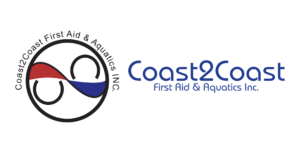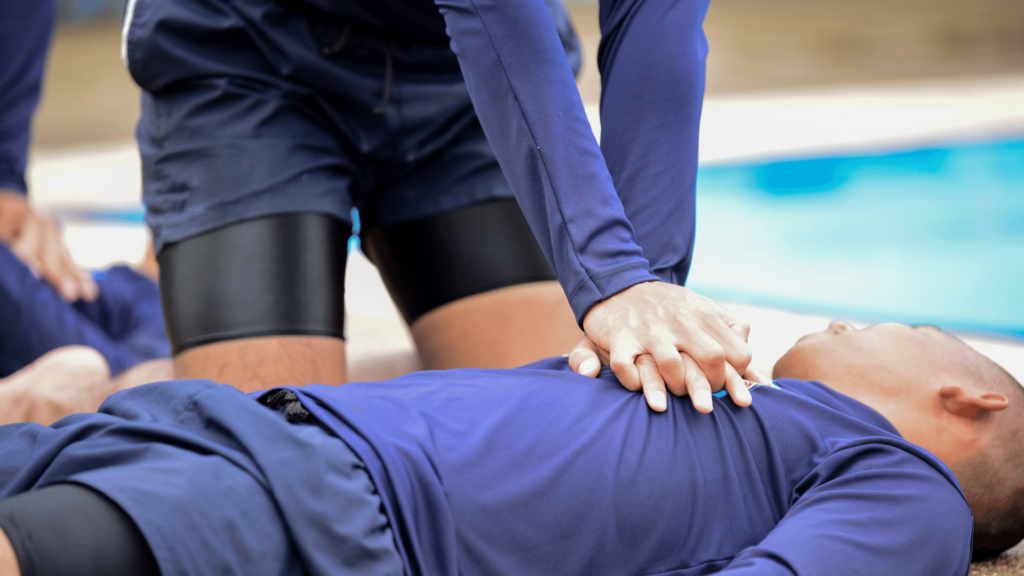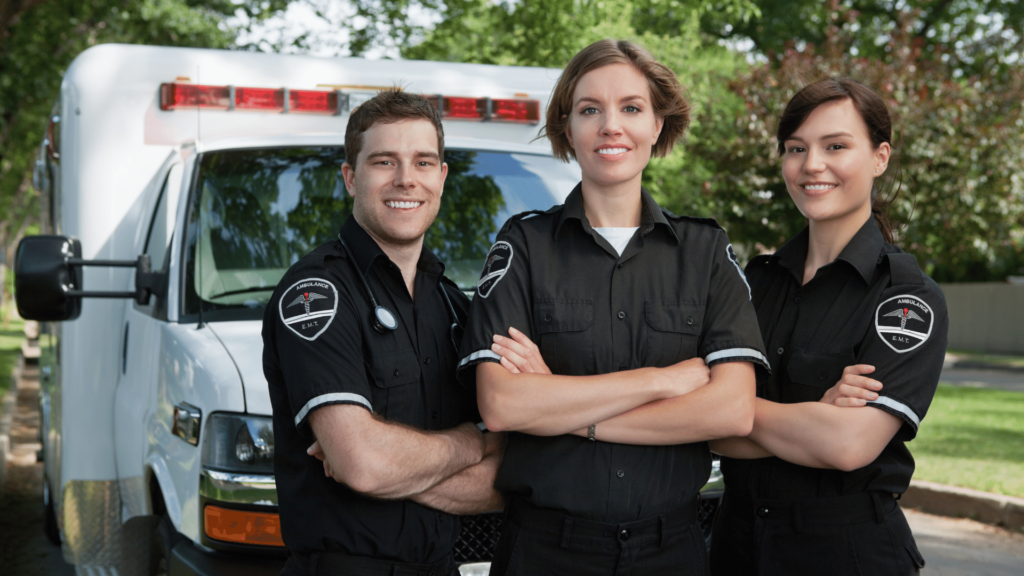One of the problems with health emergencies is that they always come without warning.
They don’t call ahead to ask if we’re ready or not. They just occur.
It can happen at any time and anywhere at all. If you are in a public pace and suffer from an injury and/or cardiac arrest, there’s a larger chance there’s someone there who’s First Aid certified. But what do you do when a loved one gets hurt, only you’re out camping or somewhere an ambulance will take too long to reach?
Moreover, what if some risks can be avoided if spotted on time?
There are precluding symptoms for a heart attack or cardiac arrest you can spot if you took a Red Cross CPR course.
Our online CPR certification is often sufficient to spot, identify, and act on precluding symptoms and prevent a health disaster from occurring in the first place.
A Red Cross CPR course can also help you be more aware of external dangers that may cause injury or cardiac arrest. We all know that electricity is dangerous, but not everybody understands that even a small current can cause cardiac arrest or heart failure when there’s a preexisting condition or exacerbating factors.
Air flow is also important. A trained individual who knows their First Aid will be able to tell if a room is ventilated well enough or not. Someone who lost consciousness can be revived if you apply the correct CPR compression ratio but it may still not work if there’s not enough oxygen reaching the brain.
Proper procedures in performing CPR are also crucial. One of the things you learn in a Red Cross CPR course is to identify causes of cardiac arrest and other nuances which need to be considered. For example, performing CPR on a car accident victim may put them in more danger if their ribs or spine were damaged in the crash.
A big portion of our offline and online CPR certification program is dedicated to preventing health hazards and disasters so that you won’t need to treat them in the first place. Some of it is dedicated to performing it well without increasing risks.
The three examples we listed above are only a few among many things you should know if you wish to be ready for an emergency.
Enlist to one of our CPR courses. Learn more and be sure you are prepared.








No comment yet, add your voice below!